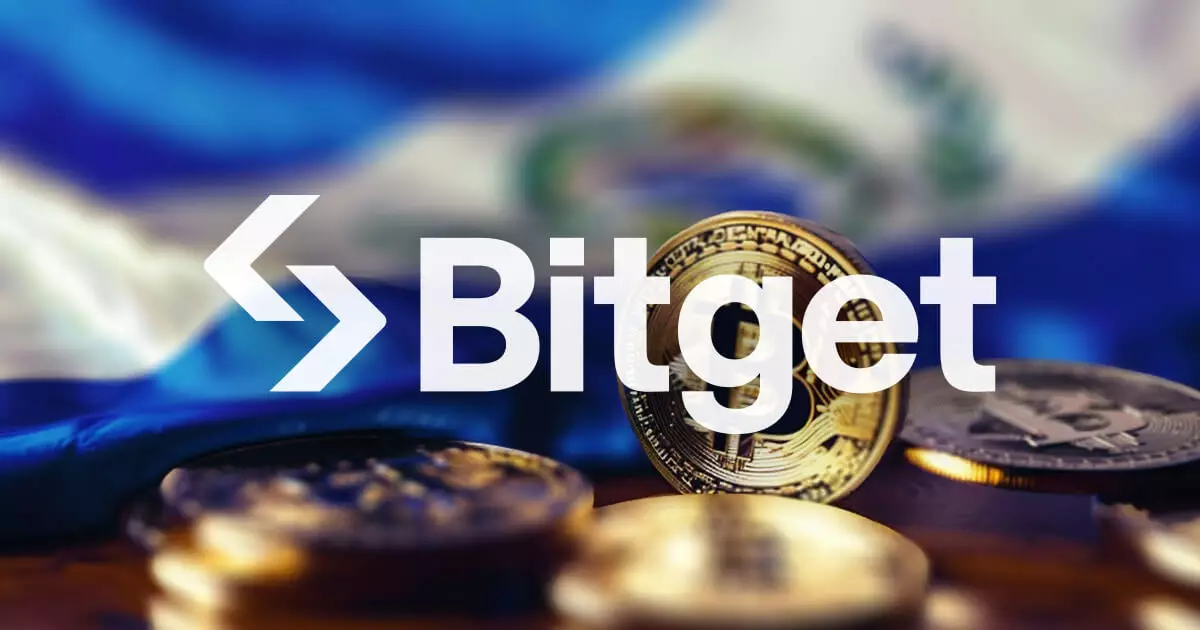El Salvador is stepping into a groundbreaking era by granting Bitget a Bitcoin Service Provider (BSP) license, marking a significant milestone in the evolution of cryptocurrency regulation and adoption in the region. The Central Reserve Bank of El Salvador announced this development on December 16, positioning the exchange to directly provide essential Bitcoin services, including the conversion to fiat and secure custody solutions. This license not only reinforces the legitimacy of cryptocurrency exchanges in the country but also catalyzes further investment and engagement in the crypto sector, reflecting a burgeoning acceptance of digital currencies in traditional economies.
While securing the BSP license is commendable, Bitget’s ambitions don’t stop there. The company is actively seeking a Digital Assets Service Provider (DASP) license from El Salvador’s National Commission of Digital Assets. Obtaining this license would empower Bitget to extend its offerings beyond Bitcoin, embracing other cryptocurrencies and diversifying its service portfolio. This expansion aligns with the growing appetite for alternative digital assets, indicating that El Salvador is positioning itself not just as a hub for Bitcoin, but as a comprehensive digital asset marketplace.
Bitget’s leadership emphasizes the strategic significance of El Salvador within the Latin American context. As crypto adoption soars globally, the nation is being viewed as a critical entry point for broader financial inclusion and innovative projects related to cryptocurrencies. The plans to establish a local team underscore a commitment to understanding and responding to regional market dynamics, which can significantly influence Bitget’s operations and user engagement. This localized approach is vital for tapping into the unique needs of Latin American users, who are navigating a landscape where cryptocurrencies represent both opportunity and risk.
El Salvador’s Bitcoin reserves have become a topic of interest, especially as President Nayib Bukele recently revealed that the country has realized an unrealized profit of around $362 million from its Bitcoin investments. However, this financial success does not shield El Salvador from global scrutiny. The International Monetary Fund (IMF) has raised concerns and is reportedly negotiating a $1.3 billion loan, which may come with conditions that could potentially reshape El Salvador’s Bitcoin-centric approach. This juxtaposition of profitability against regulatory challenges illustrates the complex landscape that countries face when integrating cryptocurrency into their economies.
El Salvador’s embrace of Bitcoin and its ripple effects through the region signify not just a trend but a systemic shift towards digital finance. The licensing of Bitget and its intent to broaden the scope of digital asset services reflect a coordinated effort to drive innovation and economic development. Yet, as profit margins expand and global attention intensifies, the need for a balanced approach to regulation becomes increasingly apparent. The cryptocurrency narrative in El Salvador is still unfolding, and its outcomes could provide invaluable lessons for other nations contemplating similar pathways into the digital economy.















